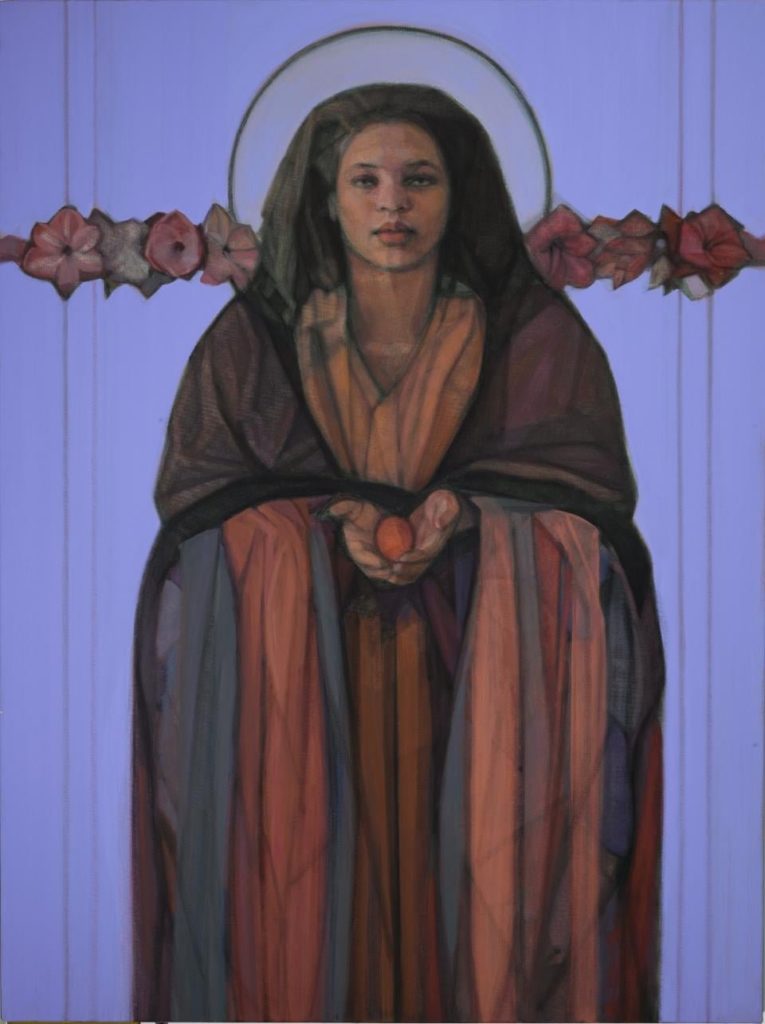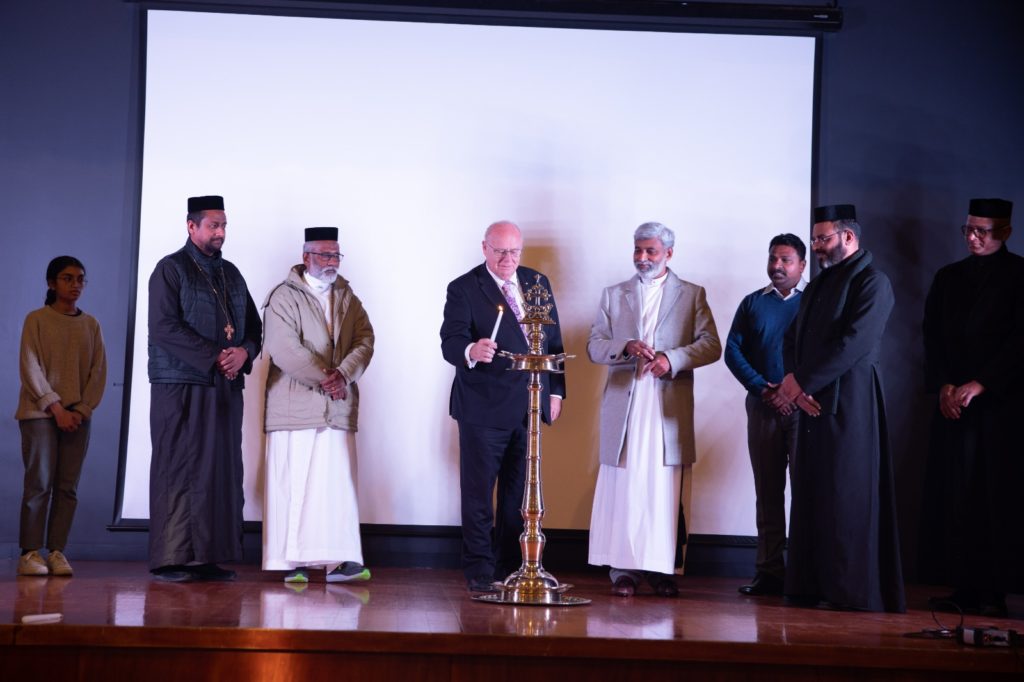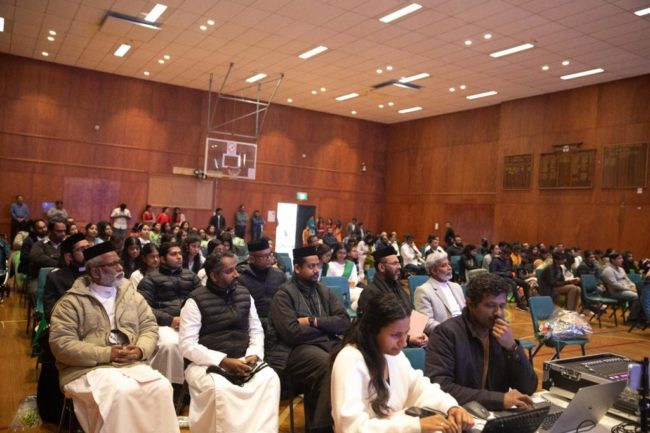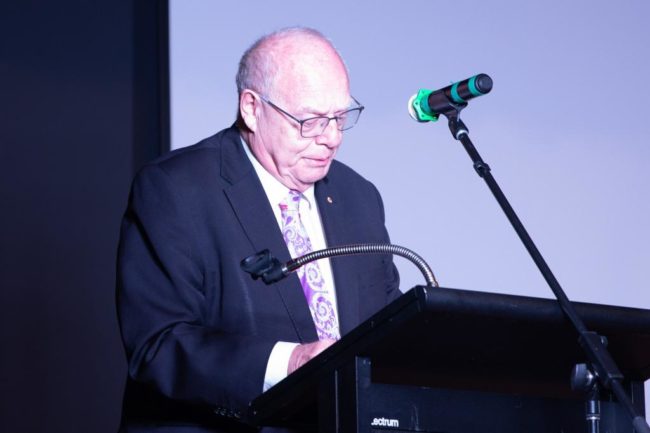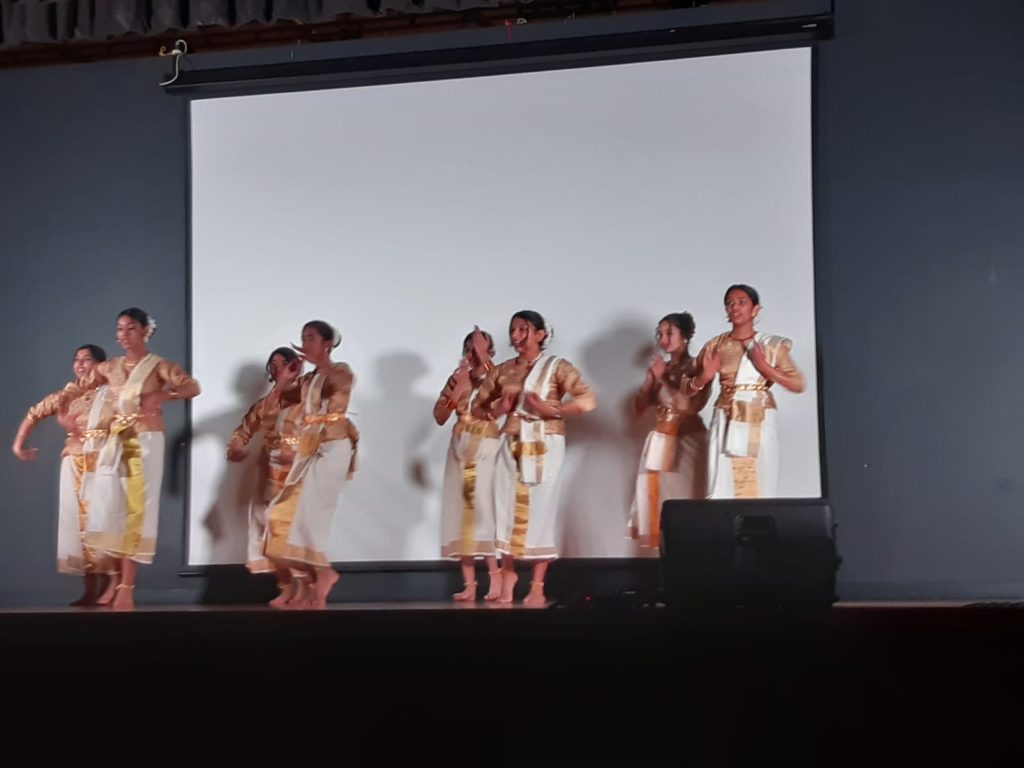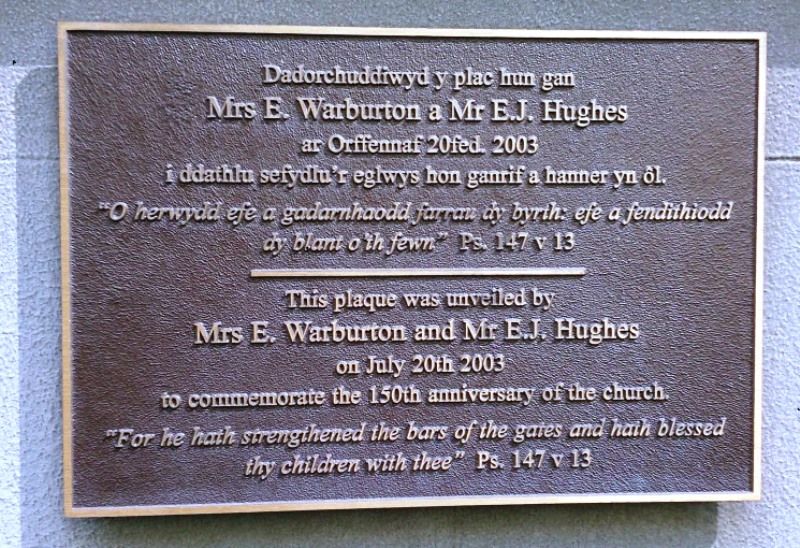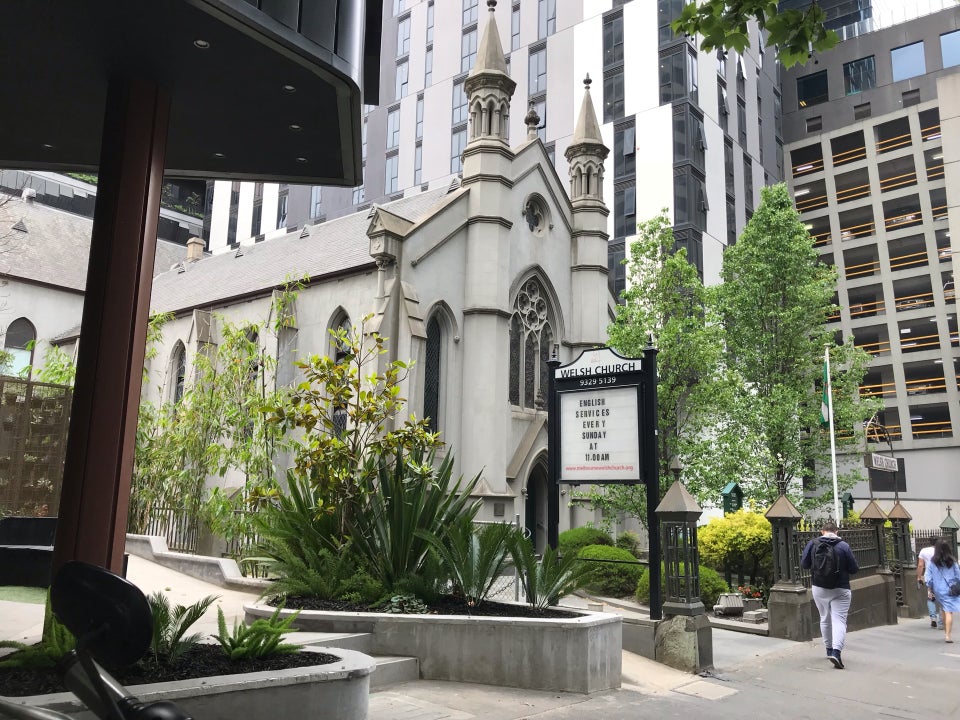Every five years, the Australian government releases a comprehensive report on the state of the nation’s environment, put together by a panel of independent scientists. The latest report (2011) was finally released this week. Critics accused the government of sitting on the report to avoid bad press at a critical moment prior to elections. The overall conclusion of the report is that climate change, habitat loss, invasive species, pollution, and resource extraction have pushed Australia’s environment into a serious and severely deteriorating state. Australia has one of the highest rates of species decline in the world and has already lost more mammal species than any other continent. Brendan Wintle, an ecosystem and forest scientist at the University of Melbourne, told The New York Times that the findings were “very much a precursor to an extinction crisis in Australia, unless we see transformative change”.
With this in mind, it was interesting to read Prof Walter Brueggemann’s reflection this week on the way we read the Bible, preferencing an anthropological lens so we read the Bible as though the God of the Bible was solely preoccupied with the human project.
He writes:
All of that of course has changed under the impetus of environmental studies, the climate crisis, and a new appreciation of the non-human creaturely world. As a result we are able to give fresh attention to this alternative accent, rediscovering in Scripture what has always been there that we had missed because of our reading lens. We are now able to see that what we thought pertained singularly to human creatureliness has in purview all creatureliness, human and non-human. What follows here is one wee probe to see how this newer attentiveness permits and requires us to read Scripture differently.
Thus a consideration of Genesis 11:1-9.
This fourth “sin story” in Genesis (after Adam and Eve, Cain and Abel, and the flood) that seeks to impose a singular homogeneity upon human language, thus forcing all peoples to submit to the imposition of a centralized power that wants to silence all local variations of human expresssion. The outcome of the narrative is that such an attempt at the formation of a monolith is foiled by the character of YHWH who opposes such homogeneity, creates confusion, a failure to communicate, and so requires a multiplicity of languages. Short story: The creator God opposes and foils the most hubristic attempt at human unity.
The best study of this text known to me is that of Bernhard Anderson, “The Tower of Babel: Unity and Diversity in God’s Creation.” His study was published in 1977 and republished in From Creation to New Creation: Old Testament Perspectives, 1994), 165-178. Anderson draws this conclusion concerning the narrative:
God’s will for creation is diversity rather than homogeneity. We should welcome ethnic pluralism as a divine blessing, just as we rejoice in the rich variety of the nonhuman creation: trees, plants, birds, fish, animals, heavenly bodies. The whole creation bears witness to the extravagant generosity of the Creator (177).
The drive for human unity, homogeneity, and power operates against God’s will for heterogeneity, diversity, and pluralism:
There is something very human, then, in this portrayal of people who, with mixed pride and anxiety, attempted to preserve primeval unity. But their intention to hold on to the simplicity of the primeval past collided with the purpose of God, who acted to disperse them from their chosen center (173).
It is important not to miss Anderson’s prescient observation, already in 1977, concerning “the nonhuman creation: trees, plants, birds, fish, animals, heavenly bodies.”
I had this Genesis narrative (and Anderson’s study) in purview as I tried to read the dense, technical book of Dan Saladino, Eating to Extinction: The World’s Rarest Foods and Why We Need to Save Them (2021). The book is a study of the ways in which our “food habits” have contributed mightily to the loss of biodiversity, and the death of many myriads of species of food. Saladino traces the loss of biodiversity in specific detail concerning wild growths including hadza honey, murnong, bear root, and memang narang, all plants unknown to me. He then goes on to consider cereals, vegetables, meats, seafood, fruit, cheese, alcohol, stimulants, and sweets. At the outset of his book he indicates the political dimension of our food crisis:
Food shows us where real power lies; it can explain conflicts and wars; showcase human creativity and invention; account for the rise and fall of empires; and expose the causes and consequences of disasters. Food stories are perhaps the most essential stories of all (3). He describes the loss of biodiversity as a threat to life on the planet, so that biodiversity becomes a crucial practice for the sake of human welfare (183).
When we ask what has produced the loss of biodiversity, it is clear that we have to consider industrial food policies coupled with the indulgence of our consumer inclinations. This combination has made biodiversity an expensive, inconvenient discipline in which we have no interest and have, heretofore, invested no energy or resources. The outcome of such practice is, in Saladino’s phrase, “eating to extinction.”
It seems the intention of our current food practice is to grow more food – bigger, better, and faster – so that we need not and cannot pause for the preservation and protection of species that fall outside the regime of bigger, better, faster. Such practices are propelled by profit, and clearly have no interest in the sustainability of the biodiversity of creation. Thus it takes no great imagination to see that the hubristic monopoly of food production and consumption is a replay of the Tower of Babel narrative, saturated by human greed, and informed by technological capacity that aims only at profit. Further, it takes no great imagination to recognize that our consumer habits have almost no interest in food production but are driven by our taste preferences and our hyped-up appetites. Thus the homogenization of languages featured in the Babel narrative has its obvious counterpart in the homogenization of species in the interest of greater productivity. As the tower-builders excluded languages other than their own and regarded other languages as expendable and disposable, so contemporary food practice can regard foods other than our immediate preferences as expendable and disposable. Thus the parallel of ancient language reduction and our current practices of species reduction. And conversely, the limits on such hubris imposed by the holy God will cause a crisis, soon or late, concerning such indifference to the realities of creation.
It is conventional, in Christian interpretation, to twin the narrative of Genesis 11:1-9 with the narrative of Pentecost in Acts 2:1-13. Whereas Babel attempted a monolith of its dominant language that sought to silence all alternatives, the work of the Spirit at Pentecost is to permit, evoke, and accept the speech of faith in many languages:
And at this sound the crowd gathered and was bewildered, because each one heard them speaking in the native language of each. Amazed and astonished, they asked “Are not all these who are speaking Galileans? And how is it that we hear, each of us, in our own native language? Parthians, Medes, Elamites, and residents of Mesopotamia, Judea, and Cappadocia, Pontus and Asia, Phrygia and Pamphylia, Egypt and the parts of Libya belonging to Cyrene, and visitors from Rome, both Jews and proselytes, Cretans and Arabs – in our own languages we hear them speaking about God’s deeds of power. All were amazed and perplexed, saying to one another, “What does this mean?” (Acts 2:6-12).
This capacity for a multi-language community is the work of the Spirit that with the power of the creator overrides all conventional boundaries and makes a new common life possible. We may entertain the thought that it is exactly the work of the Spirit, the work of the creator God, to provide and insist upon biodiversity and the preservation and protection of species. Just as Babel sought to reduce language to a single one that exercised control, so the industrial food project – coupled with undisciplined consumer yearning – seeks to reduce species in the interest of speed, quantity, and profit. But the Spirit will have it otherwise, because the creator God is insistent upon the teeming myriad of species that refuses our mindless, undisciplined reductionism (see Genesis 1A:20-25; Psalm 104:1-23, 27-28, 145:15-16).
Saladino has assured us:
The damage we have caused is reversible, endangered species can be saved and ecosystems can be repaired. The science exists; all that is needed now is the political will (223).
It remains our work to protect and advance biodiversity. But if all that is lacking is the political will, it may indeed be the Spirit that evokes political will for the Spirit has, in every generation, “rushed upon” some of us to move us beyond our conventional assumptions and our conventional preferences to risk for the sake of more generative action. It seems clear enough that biodiversity is the will of the creator, even as a multi-language community turned out to be the will of the Spirit.
Walter Brueggemann, Church Anew, July 8, 2022
